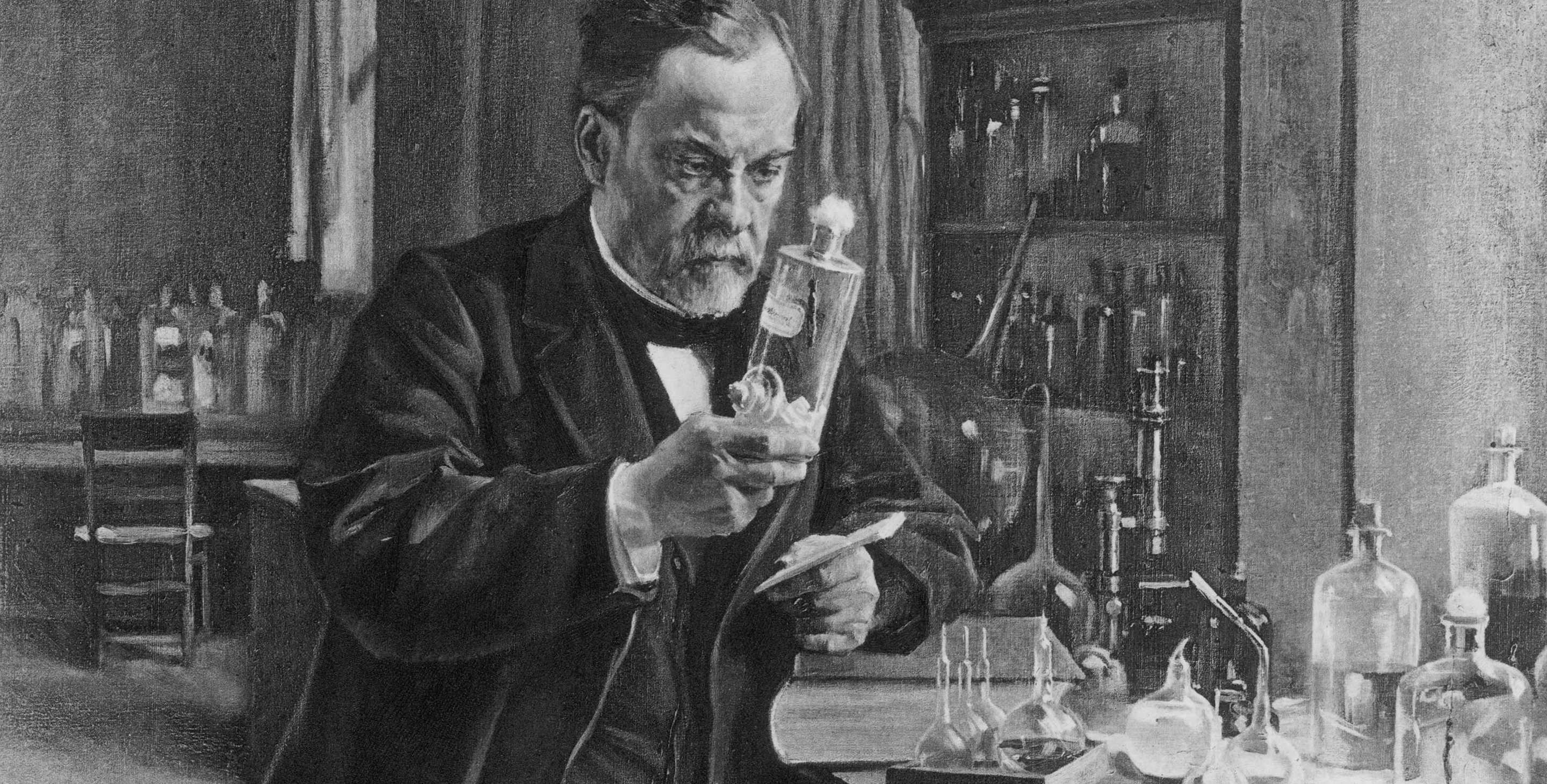Louis Pasteur, ForMemRSThe Father of Germ Theory


Chapter 1Louis Pasteur's Origin Story
December 27, 1822Birth of Pasteur
1831Pasteur Observes Rabies
1840Pasteur Completes Bachelor of Arts Degree
August 13, 1842Pasteur Completes Bachelor of Science Degree
1844Pasteur Continues His Schooling
August 28, 1847Doctorate Won
Pasteur won his doctorate of philosophy degree.
He wrote and defended two essays, one in physics and one in chemistry.
Chapter 2Pasteur's First Discoveries, Setbacks, and Tragedies
1854Studies of Fermentation
1857The Biology of Fermentation
September 10, 1859Pasteur's Daughter Dies
December 1, 1862The Death of Spontaneous Generation
In 1860, the French Academy of Sciences had issued a challenge to French scientists: they should try to shed light on the concept of spontaneous generation. Spontaneous generation is the idea, which still persisted in the 1860s, that life can arise from nonliving materials, such as mud or water.
Louis Pasteur took on the challenge, using a precise series of experiments to show that flasks of broth and water did not spoil when he prevented organisms from entering the flasks. The Academy awarded him the prize on December 1, 1862, though other scientists continued to object to Pasteur’s findings and methods.
The Academy elected Pasteur to its membership on December 8.
May 23, 1866Another Tragedy
October 19, 1868Pasteur Has a Stroke
April 30, 1877Anthrax Investigations
1879First Laboratory Vaccine
Louis Pasteur produced the first laboratory-developed vaccine: the vaccine for chicken cholera (Pasteurella multocida).
Pasteur attenuated, or weakened, the bacteria for use in the vaccine. He happened upon the method of attenuation by accident: in his lab, he was studying fowl cholera by injecting chickens with the live bacteria and recording the fatal progression of the illness. He had instructed an assistant to inject the chickens with a fresh culture of the bacteria before a holiday. The assistant, however, forgot. When the assistant returned a month later, he carried out Pasteur’s wishes. The chickens, while showing mild signs of the disease, survived. When they were healthy again, Pasteur injected them with fresh bacteria. The chickens did not become ill. Pasteur eventually reasoned the factor that made the bacteria less deadly was exposure to oxygen.
Chapter 3Pasteur Beats Rabies
1880Rabies Studies Begin
June 5, 1881Landmark Anthrax Vaccine Study
1884Attenuating the Rabies Virus
May 19, 1884Rabies Success with Dogs Announced
July 6, 1885Rabies Vaccine Used in Human
March 1, 1886Pasteur Presents Rabies Results
Pasteur presented a paper describing results of using his new rabies vaccine in 350 people. He recorded one fatality, and reasoned that this was the result of vaccination begun too late to prevent the disease.
November 14, 1888Institut Pasteur Inaugurated
October 9, 1893New York Inauguration
September 28, 1895Death of Pasteur
Louis Pasteur died in Marnes-la-Coquette, outside Paris, France, at age 72.